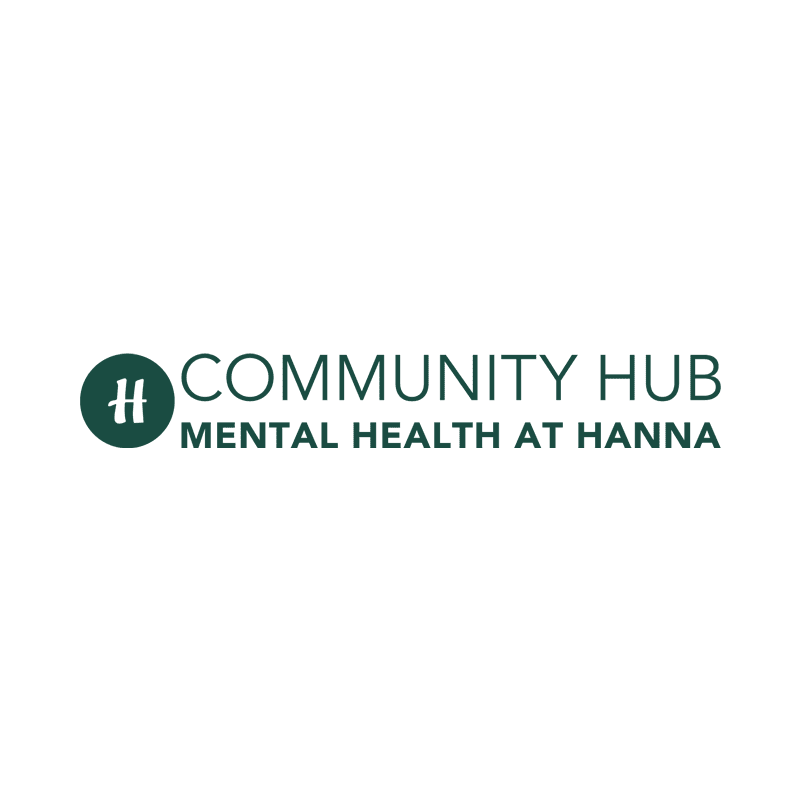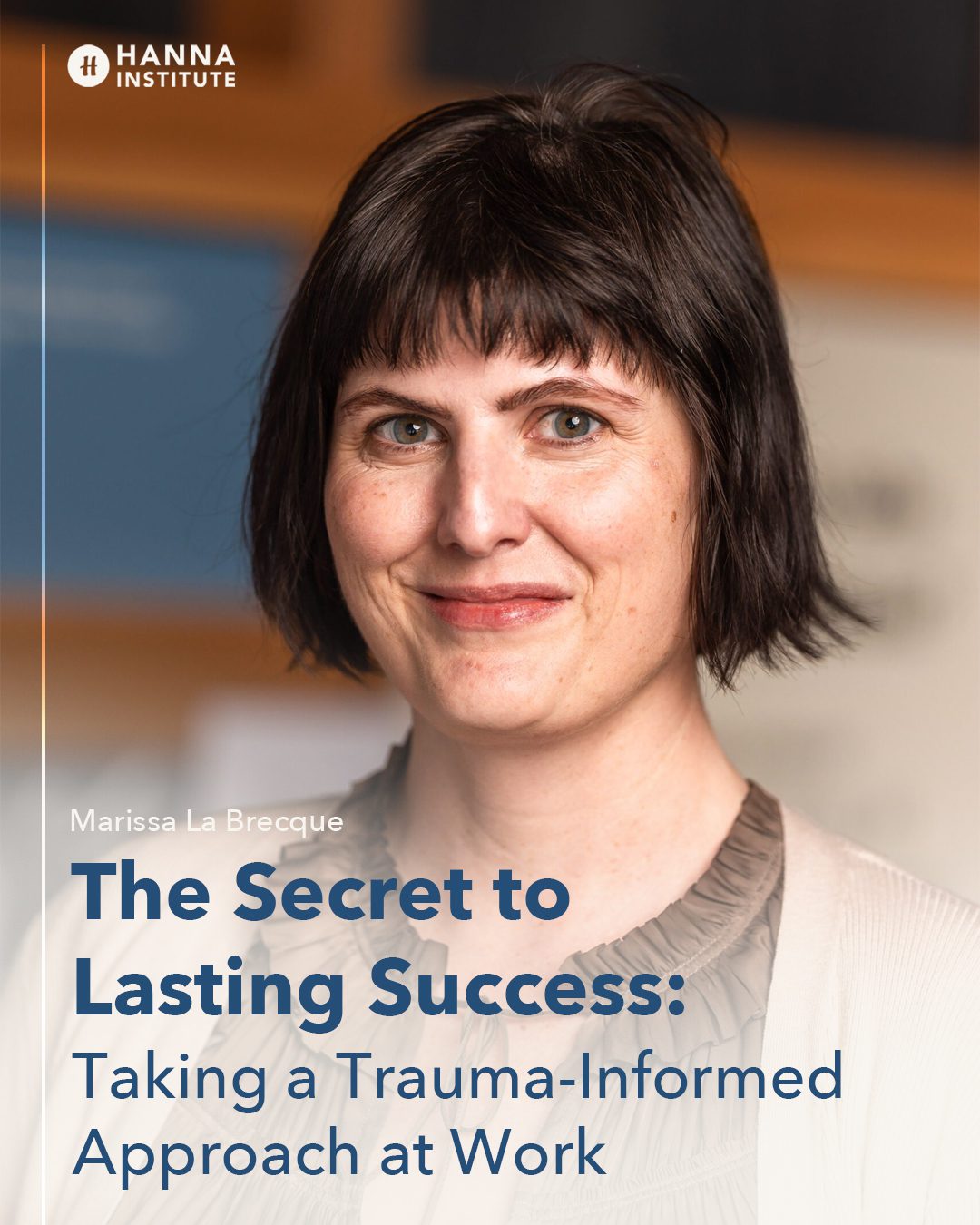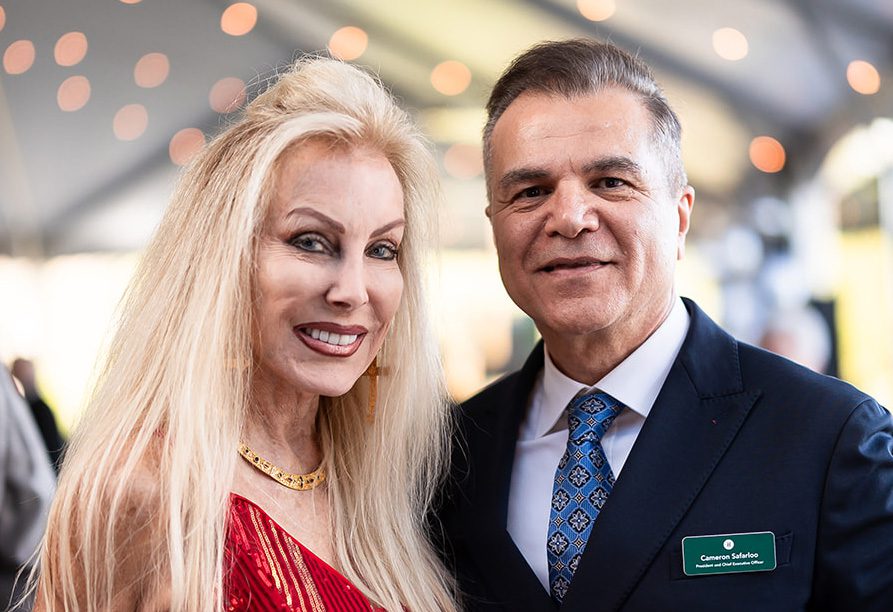Sonoma, CA (April 21, 2024) – In early March, as part of Governor Gavin Newsom’s Master Plan for Kids’ Mental Health, the Department of Health Care Services (DHCS), in partnership with the Mental Health Services Oversight and Accountability Commission (MHSOAC), awarded $2 million to the Community Mental Health Hub at Hanna to implement an early intervention program that provides specialized services to children, youth, and young adults. A total of $67 million was awarded to 99 organizations across 30 counties in California.
The awards are funded as part of the Children and Youth Behavioral Health Initiative (CYBHI) Evidence-based Practices and Community-defined Evidence Practices (EBP/CDEP) Grant Program. By expanding successful EBP/CDEP models throughout the state, DHCS aims to improve access to critical early intervention programs to meet the needs of children and youth, including mental and behavioral health needs, housing, education and employment support, and linkages to other services.
EBP and CDEP models funded under this opportunity include Coordinated Specialty Care (CSC) for First Episode of Psychosis (FEP). The Community Mental Health Hub at Hanna plans to utilize the funds to launch a start-up Early Intervention Psychosis program, allowing the Hub to offer intervention services at the first onset of Clinical High Risk (CHR) symptoms that may lead to Psychosis Syndrome. The Hub’s early intervention program will have a team of specialized providers including a psychiatrist and/or psychiatric nurse practitioner, clinical supervisor, two clinicians certified in Cognitive Behavioral Therapy for psychosis (CBTp), family support specialist, peer specialist, and employment and education specialist. Research shows that treatment at the earliest detection of these types of illnesses can lead to fewer and less severe recurrences.
“This funding means we can open more doors to comprehensive care solutions, tailored specifically to meet the unique needs of our younger community members,” says Cameron Safarloo, CEO of Hanna Center. “It’s an opportunity to make a lasting impact, offering support and care that goes beyond the ordinary, ensuring that every young individual has the chance to thrive.”
Early behavioral health intervention is essential to slow symptoms and the progression of mental illnesses that can lead to social isolation, poor functioning, and premature death.
“Early identification of mental health conditions, followed by prompt intervention, plays a crucial role in saving lives and improving patient and family functioning,” says Noeli Zamora, Clinical Director of the Community Mental Health Hub. “Recognizing the signs early on and seeking immediate help can significantly alter the course of recovery, ensuring individuals receive the support and treatment they need as soon as possible.”
ABOUT HANNA CENTER Hanna Center is committed to addressing traumas that impact our community. Our Community Mental Health Hub provides all individuals bilingual and culturally sensitive one-on-one clinical care. Our Residential Program provides safe and supportive housing and treatment for transitional-aged foster youth while the Hanna Institute develops innovative methodologies and trauma-informed practices to inform our own work on campus and across the country. Hanna Academy, our community partner, is a Non-public high school that educates, prepares and empowers students with learning and emotional challenges to succeed in school and life by developing their unique and individual talents and gifts. Connecting it all: a dedicated Hanna team comprised of counselors, educators, scholars, and leaders. For more information visit hannacenter.org



